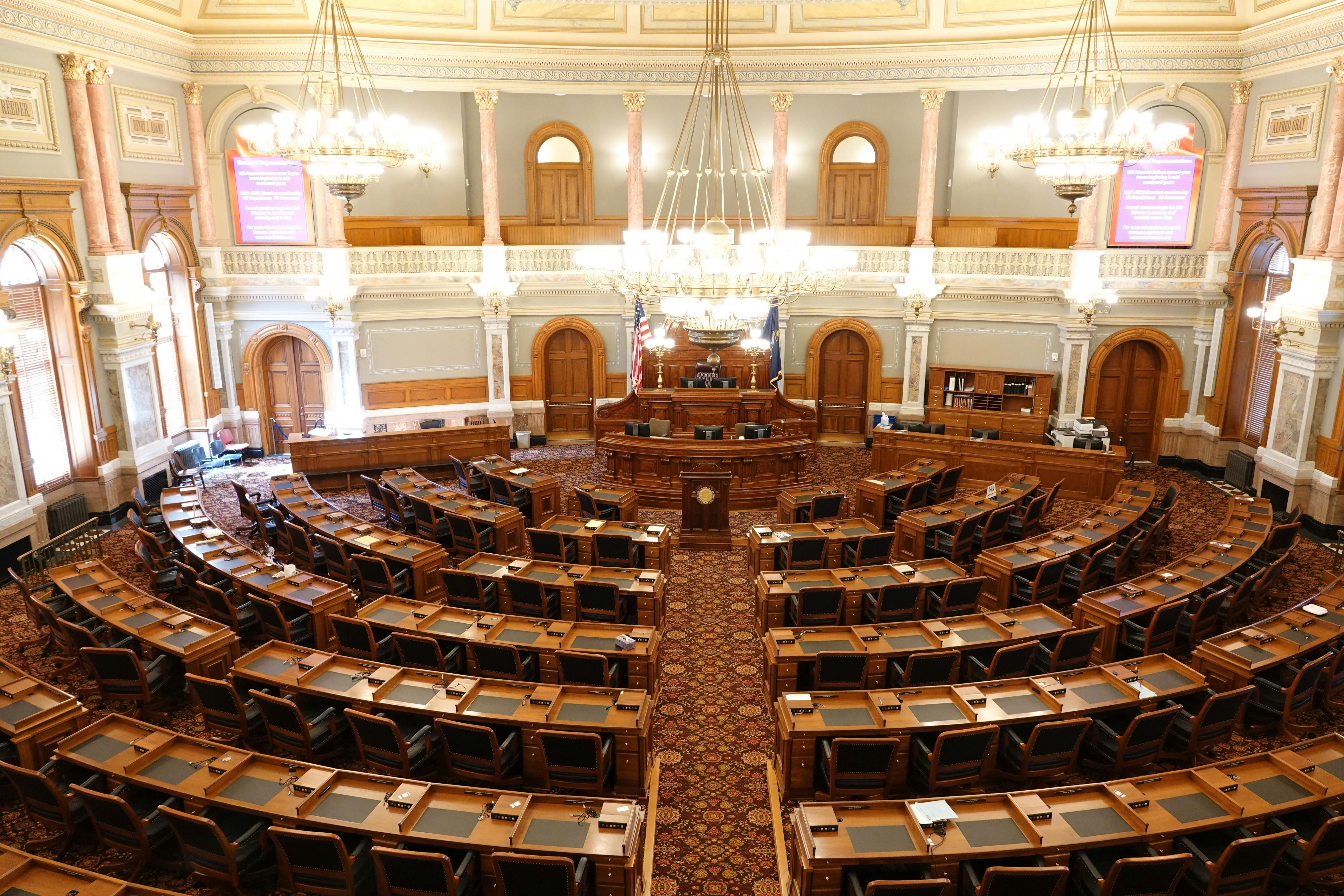Back
An Explanation of Florida SB 280 Short-Term Rental Bill: What Does It Mean for Hosts?

Written by:
Jeremy Werden
March 13, 2024

⚡️
Reveal any property's Airbnb and Long-Term rental profitability
Buy this property and list it on Airbnb.
Quick Answer
- Florida SB280 Airbnb bill overrides local regulations (outside of Broward and Flagler counties), allowing Airbnb hosts to operate in previously restricted areas.
- Hosts now must limit guest count to 2 guests per bedroom plus 2 additional guests in one living space.
- Hosts must register with the state and pay $150 in registration fees.
- Hosts with 5 or more violations during a 30-day period can be suspended for up to 60 days and up to 80 days for one or more violations after two prior suspensions.
As Airbnb hosts in Florida, our team welcomes these new rules that allow us to operate while keeping hosts accountable to issues they may cause in their neighborhood.
Understanding the Florida Senate Bill 280
Senators first introduced the CS/SB 280: Vacation Rentals Bill on November 30, 2023. It has already sparked a ton of debate and controversy between residents and businesses in Florida during the time. The Bill seeks to regulate Florida vacation rentals and how they operate. A couple of months later, the Senate passed the act on February 1, 2024, while the House passed it on March 6, 2024, with the Bill seeking to be in full effect on July 1, 2024.
The 24-section Bill outlines regulations regarding occupancy limits, the property owners' responsibilities, a standardized registration system, and penalties for noncompliance. It also passes the tax collection duties for vacation rental properties over to the platforms on which they are advertised.
SB 280 issues a statewide set of new rules and laws that overrule any existing local regulations, except for Broward and Flagler counties. It aims to enhance the liability of property owners and advertising platforms while keeping state residents and visitors safe.
Overview of the Florida Vacation Rental Bill
The lengthy Bill introduces key changes to how the rentals operate, the power and control of the state and local governments, and the responsibilities of the advertising platforms. Here’s a breakdown of the specifics.
Licensing, Registration, Local Government Involvement
Local governments are authorized to process specialized registration programs for all vacation rental properties. They can also impose a maximum fee of $150 for individuals or $200 for collective registrations, which both come with a 15-day review period.
All short-term rental properties must be licensed by the Florida Department of Business and Professional Regulations (DBPR) before they can operate. These licenses, along with their vacation rental registration number, should be displayed inside the rental.
The local government may fine businesses that fail to comply with any of these regulations up to $500.
Advertising Platforms and Tax Collection
Advertising platforms should require anyone using their service to submit their rental license and local registration numbers and publicly display them with the listing. They must also attest to the accuracy and validity of these numbers shown on their platform.
The duty of collecting state and local taxes now falls on the shoulders of vacation rental platforms like Airbnb and VRBO, among others. They are also responsible for registering and remitting the applicable taxes to the local government.
The Bill authorizes overseeing bodies to fine platforms that violate these regulations for up to $1,000 per offense.
Airbnb Property Owner Obligations and Restrictions
Aside from the licenses and registration process we’ve already mentioned, property owners must comply with standardized occupancy limits. Each bedroom should have a maximum capacity of two people, with an additional two allowed in the common area. But there’s a small exception; more than two people can share the bedroom if each person has at least 50 square feet of space.
Each property should also have a dedicated party available 24/7 to respond to any possible emergencies or complaints. Owners are also fully responsible for addressing noise, parking, or trash violations within their property. Five infractions within a 60 or 30-day period can result in a 30 or 60-day suspension, respectively. However, a suspension of up to 90 days can also be suspended after receiving three registration suspensions.
Properties are now also required to pass house inspections every three years, ensuring the safety of railings, stairwells, and balconies.
Property owners are only given 15 days to solve any issues or problems that may arise from their rental.
Is FL SB-280 Good for Airbnb Hosts?
Despite the negative discussions and comments, the Florida Vacation Rental Bill only aims to standardize short-term rentals across the state. Property owners are still given the right to operate as Airbnbs; they just have to adjust to new registration procedures while penalizing the abusers of previous and new rules.
We know how complex the new statewide Bill can be. It makes it challenging for investors looking to enter the STR business and even tougher for existing owners to adapt. However, it also opens the door for Airbnb hosts who were previously in restricted areas to enter the market.
As an Airbnb host in Florida, our team welcomes these new rules, which still allow us to operate while holding hosts accountable for issues they may cause in their neighborhood.
⚡️
Reveal any property's Airbnb and Long-Term rental profitability
Buy this property and list it on Airbnb.